Incivility in the Workplace
Workplace incivility has been defined as “low-intensity deviant behavior with ambiguous intent to harm the target, in violation of workplace norms for mutual respect. Uncivil behaviors are characteristically rude and discourteous, displaying a lack of regard for others.” This takes many forms: insulting comments, spreading false rumors, dirty looks, social isolation, and being disruptive or hogging meetings. Even bad manners can be defined as workplace incivility. It ranges from public reprimands to the silent treatment. This is very distinct from workplace violence or harassment. There can be subtle forms as well as very poignant and obvious displays of incivility.
Subtle Examples are:
- Giving somebody a “dirty look”
- Asking for input and then ignoring it
- “Forgetting” to share credit for a collaborative work
- Speaking with a condescending tone
- Interrupting others
- Not listening
Obvious Examples can be:
- Sending a nasty and demeaning note
- Talking about someone behind his or her back
- Emotional put-downs
- Disrespecting workers by comments, gestures, or proven behaviors
- Making accusations about professional competence
- Giving public reprimands, and insults to others
- Giving the silent treatment
- Emotional tirades and losing one’s temper
This is a common problem. It’s not limited to any one industry or place of business. And it’s not just bosses and supervisors who are being uncivil. These types of behaviors are seen from the workforce as well. One of the reasons for this behavior may have to do with the current economic climate and employment market, and all that workers have to do. Some employees may feel overloaded and fear talking to their supervisors regarding their work loads. This can lead to incivility as frustrations mount over time. Stresses in home and family life can also play a factor. Many employees may feel it hard to leave their family life problems at home, and this can be manifested at the workplace.
Over a period of time, these accumulated stresses can affect organizational commitment, job performance, and turnover and retention. Incivility can cross into aggression or violence, so managing conflict is of utmost importance. Civility needs to be a part of the corporate culture to help curb workplace incivility and prevent bullying and violence.
Have a policy and code of conduct aimed at encouraging respect. Think about role modeling and leadership training. Collaborative strategies can help people learn to engage in positive ways. If they feel comfortable, they are less often targeted or less likely to be uncivil.







3 Responses
2023 and incivility in the office workplace is alive and flourishing.
From the top down it gets perpetuated causing intolerable stress and high staff turn over but still makes no never mind.
Unhealthy for body and mind,soul destroying places continue to exist and the hierarchy really and truly does not care